The Ebiil Society: Champions of Palau
Ann Singeo, founder of our partner organization the Ebiil Society, shares her vision for a thriving Palau and a flourishing world of indigenous science!
Our 2024 Impact Report is live!
Published on
February 15, 2019
Written by
stephanie
Photo credit
stephanie
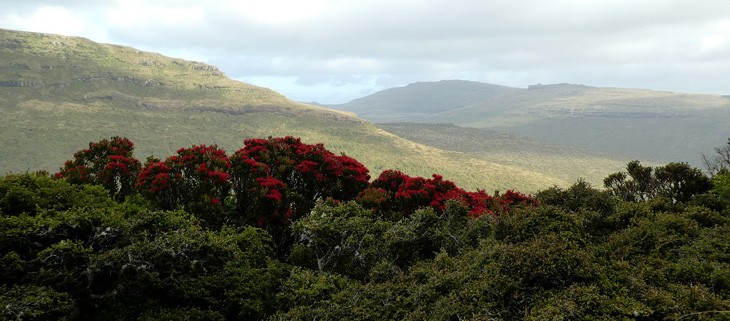
The Sub-antarctic Islands of New Zealand have historically been home to a wide array of native seabirds and other wildlife that thrive off of the nutrient-rich waters. Auckland Island (46,000 Ha) is the fifth largest island in New Zealand. One of the leading threats to the species found here is
The conservation efforts currently taking place in New Zealand are all part of a larger conservation initiative called Predator Free 2050. The initiative aims to remove invasive predatory species by the year 2050 with the help of many organizations including Predator Free New Zealand and The Department of Conservation. The initaitive will boast a return of native biodiversity, a boom in economic growth, and strengthening of the national identity of New Zealander’s in deepening their connection to the natural world.
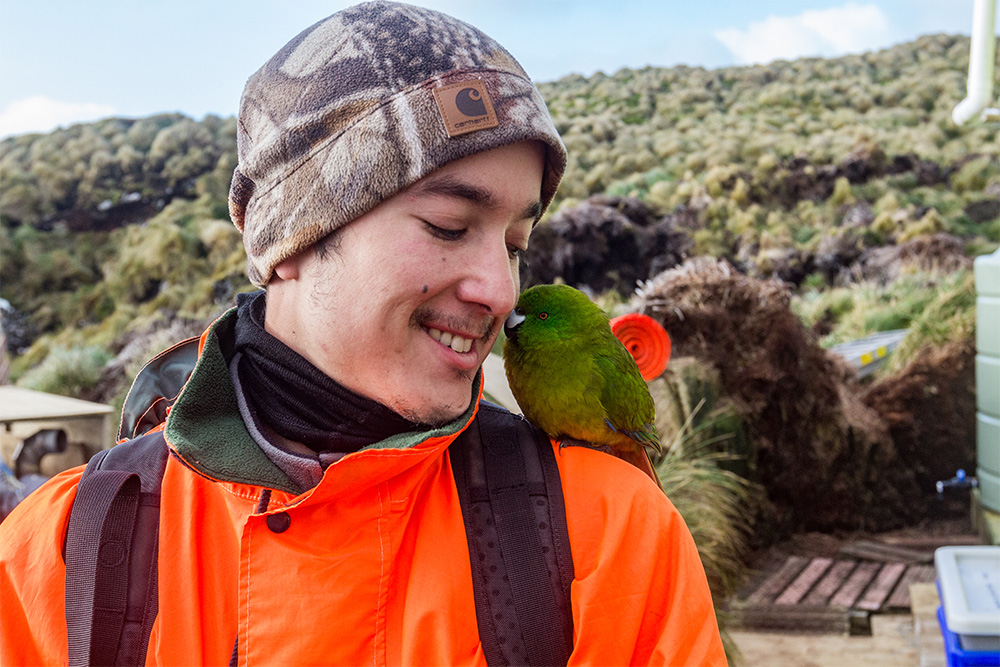
One of the projects aimed at assisting this initiative was the Million Dollar Mouse partnership. In 2016, the Million Dollar Mouse partnership including the New Zealand Department of Conservation, Island Conservation, and partners removed invasive mice from Antipodes Island, restoring native flora and fauna to the area. Some incredibly rare species call this island home including the Antipodes Island Parakeet, the Antipodean Wandering Albatross, and various invertebrates.
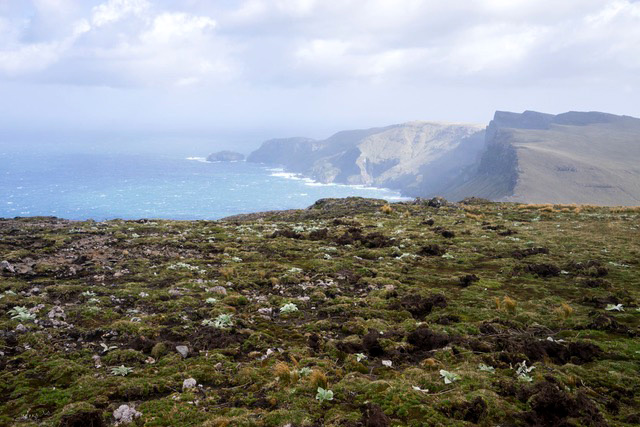
Now conservationists are tackling the conservation challenges on Auckland Island, where invasive pigs, cats, and mice are currently inflicting immense ecological harm. The archipelago is listed as a World Heritage Site and is home to 44 birds, 280 insects, and 196 plant species. To date, invasive pigs and cats have caused the extinction of 32 of the breeding bird species on Auckland. Invasive mice feed on insects and compete with birds for this valuable food source. Island Conservation Project Director, Richard Griffiths explains the importance of the project:
Removal of invasive species from Auckland Island at 46,000ha will set new benchmarks for scale and complexity. Right now with pigs, cats
and mice present, the island is like an ecological desert. Following their removal, we can expect the return and recovery of literally dozens ofsea and land bird species that used to nest on the island in the millions. Clearing New Zealand’s sub-Antarctic islands of all introduced vertebrates is a key milestone toward realizing the vision of being predator free by 2050 which we at Island Conservation are fully behind.”
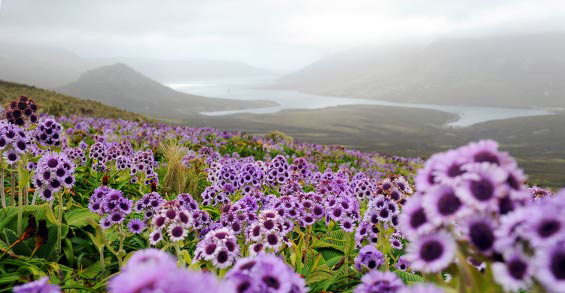
The first step in the planning process was to build adequate infrastructure, so staff would have a place to stay during the duration of the trials. This involved creating tent shelters that were transported by cargo ship to provide a home base near Falla Peninsula; the main focus of the preliminary trials. Next, best methods were explored for invasive species removal using population surveys and GPS tracking, and the logistics of transporting supplies were examined.
The final team is due back in March to process and analyze the results. The conservation efforts on the island provide a glimmer of hope for the rebounding of endemic bird species on Auckland Island. One day soon the island will return to its original wild and pristine state.
Source: Predator Free NZ
Featured Photo: Rata in bloom on Falla Peninsula. Credit: Richard Griffiths/island Conservation
Check out other journal entries we think you might be interested in.

Ann Singeo, founder of our partner organization the Ebiil Society, shares her vision for a thriving Palau and a flourishing world of indigenous science!

This historic agreement aims to protect the marine and coastal areas of the Southeast Pacific.

Our projects to restore key islets in Nukufetau Atoll forecast climate resilience and community benefits in Tuvalu!

Island Conservation and partners have published a new paper quantifying ecosystem resilience on restored islands!

Climate Week NYC: what is it and why is it important? Read on to find out why Island Conservation is attending this amazing event!

With sea levels on the rise, how are the coastlines of islands transforming? Read on to find out how dynamic islands really are!

Join us in celebrating the most amazing sights from around the world by checking out these fantastic conservation photos!

Rare will support the effort to restore island-ocean ecosystems by engaging the Coastal 500 network of local leaders in safeguarding biodiversity (Arlington, VA, USA) Today, international conservation organization Rare announced it has joined the Island-Ocean Connection Challenge (IOCC), a global effort to…
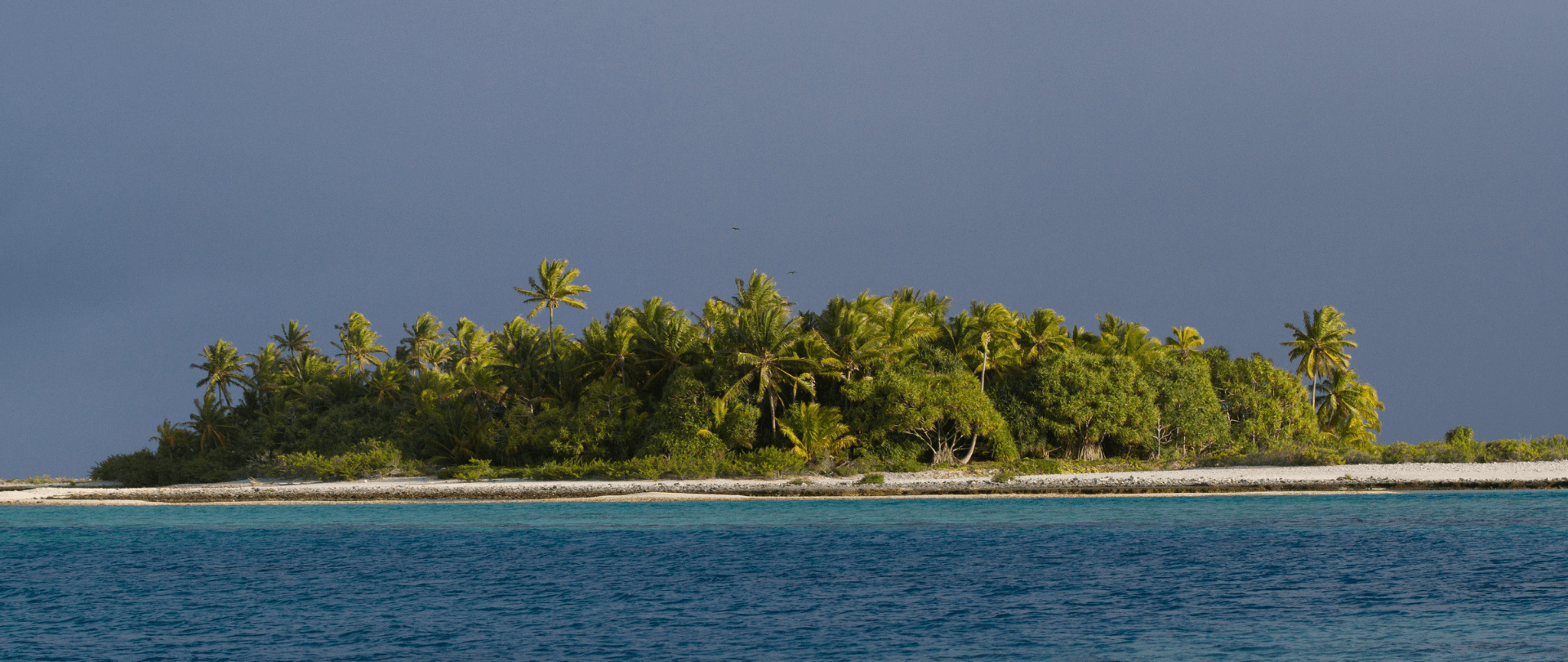
Island Conservation accepts cryptocurrency donations. Make an impact using your digital wallet today!
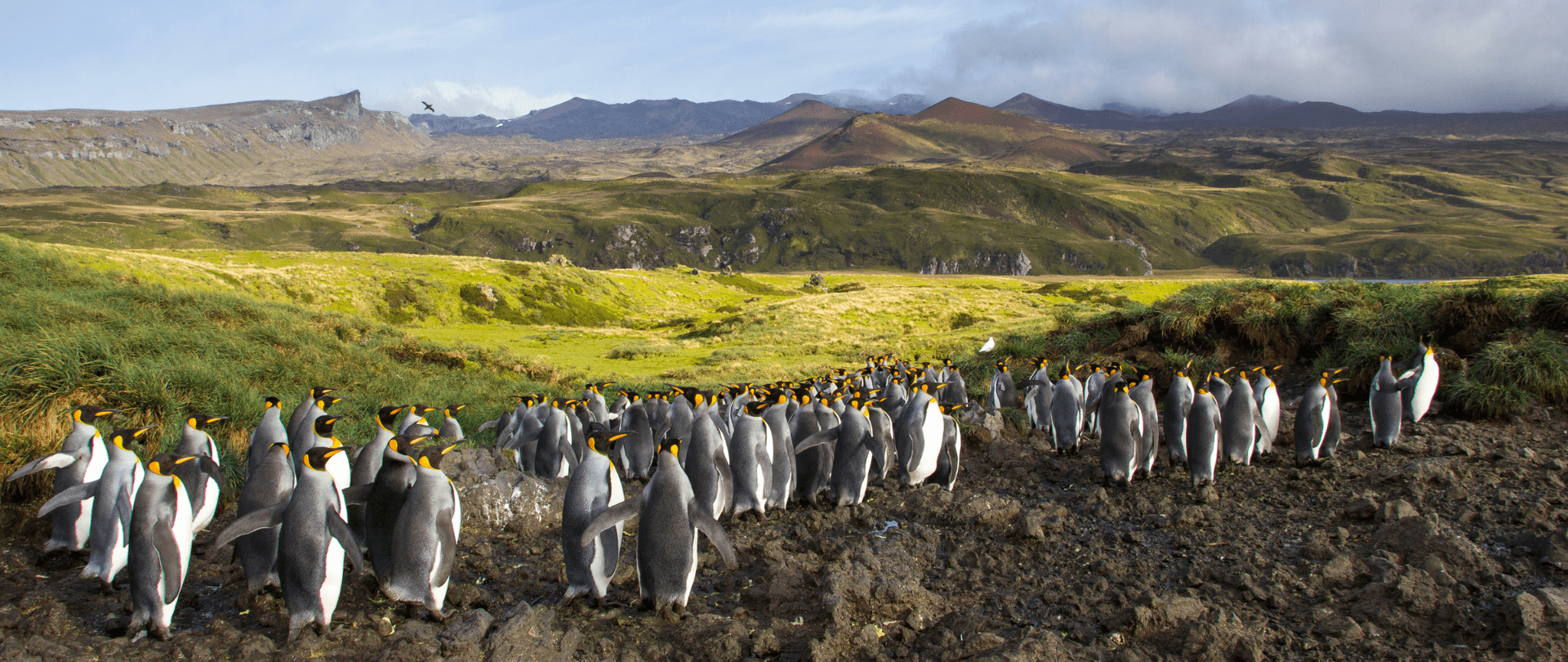
For Immediate Release Conservation powerhouse BirdLife South Africa has joined the Island-Ocean Connection Challenge (IOCC) – a global initiative aiming to restore, rewild and protect islands, oceans and communities – to support its work to save internationally significant albatross populations…